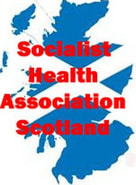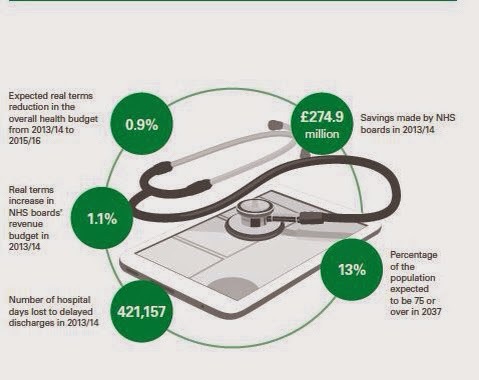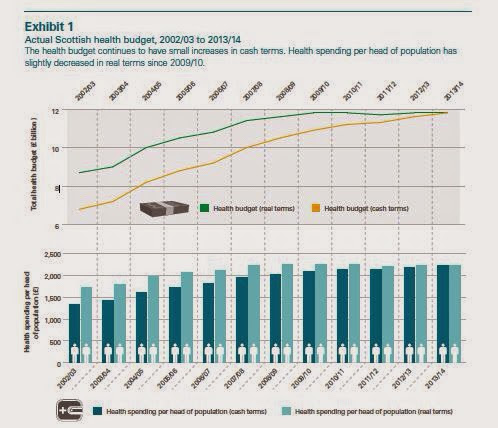As a key member of the Red Paper Collective and contributing author to the Red Paper on Scotland 2014 Class, Nation and Socialism, Neil reminded us that it was not where powers were held but what we did with them that mattered most. It was not what happened on the 18th September 2014 that counted, it is what happens after that date. It is therefore what happens now. It is how we shape and use future powers. Neil is the only candidate who makes sense to lead the Labour Party in Scotland and in a post #IndyRef world where the politics of Scotland have shifted. And the Labour Party needs to recalibrate with these changing times, to re-engage with communities, and to set out our values and what we stand for.
During the Referendum debate, as the Shadow Cabinet Secretary for Health and Wellbeing, Neil made the NHS the case for Devolution, not for Independence. But Neil also demonstrated a greater future vision. Identifying that the Health and Wellbeing brief was far more than about the health service, absolutely crucial though it is, Neil commissioned two far reaching Scottish Labour Party Policy Review Commissions.
Neil launched the Health Inequalities Commission to review policy and action needed to tackle Scotland’s shameful health inequalities. The scope of the Commission is far wider than health services, but rooted in social justice solutions, and I was honoured to take on the role of chairing the group and working with Neil. We have received and are currently distilling over 40 responses from within and out with the party – demonstrating Neil’s openness to views from all perspectives and to a non-partisan approach. But before we report and with Neil’s encouragement we are proceeding with a series of community engagement events to reach out to those working in and living in the communities hit hardest by the gross inequalities in health and life.
Also, early in his Shadow Cabinet post, he also recognised the crisis in social care in Scotland. He commissioned a Scottish Labour Party-led Social Care Review to improve the quality of care, to better integrate social and health care, and to reverse trends that have made social care a low-pay sector. The Commission is chaired by David Kelly, the former Director of West Lothian Community Health and Care Partnership, and is also currently engaging with a wide range of stakeholders.
These policy Commisions are both yet to report and together with Neil’s ambitious proposal for a far-reaching review of the NHS Scotland for the 21st Century – Beveridge 21 – they demonstrate serious future thinking and vision which Neil can bring to the Labour Party in Scotland. A vision which is needed to deliver distinctive social justice policies to meet the greatest needs and challenges.
Neil is also not afraid to take on vested interests, difficult cases, and campaigns – including supporting the (transvaginal) Mesh Survivors Campaign, which resulted in a Scottish Government U-turn, but despite his significant contribution he is the last to shout about his role. These are further qualities of a leader comfortable in his own skin, not in it for his self, but for the issues - for improving the lives of others.
Neil’s vision, his future focused ambitious policy commissions, the importance he places on listening and engaging with communities, and his fighting on difficult campaigns – makes a compelling case for Neil Findlay to lead the Labour Party in Scotland in these times.
David I Conway, Chair Socialist Health Association. November 2014.



 RSS Feed
RSS Feed